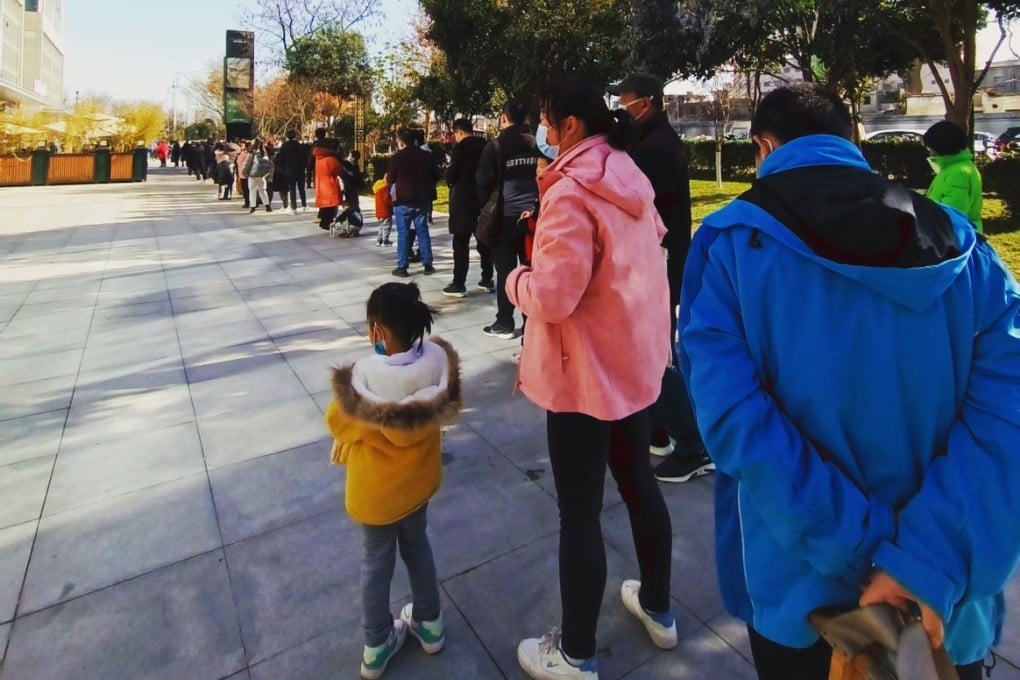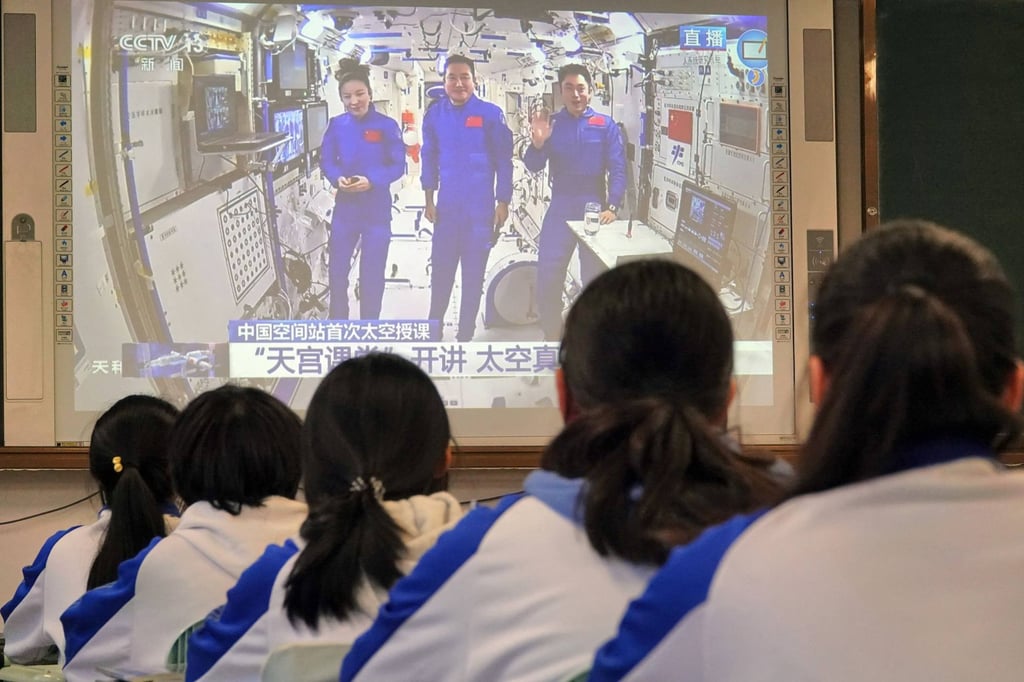China’s innovative ‘happy schools’ popular with parents leaving the academically demanding mainstream education sector
- As more focus is placed on cracking down on China’s exam-obsessed school system, alternative schools are becoming increasingly popular
- Despite a lack of official recognition and the high fees, parents are flocking to a growing number of innovative schools

When Zhang Fen visited the aptly named Happy School with her son Tian Tian, a Primary Two student, she thought: “This is the school for us.” The students spent less time studying, but they seemed happier and had more freedom at the alternative-style school.
It’s no secret that a growing number of Chinese parents are turning away from the country’s rigorous public education system, which has been accused of burdening both students and parents with heavy workloads and creating unnecessary anxiety. Other than independently-run schools, such as international schools, a third choice has emerged and gained popularity: innovative education.

In Beijing, a year at Happy School, or similar innovative schools, will typically set parents back 70,000 (US$11,000) to 100,000 yuan (US$15,730), or more. Despite the high cost, they have been attracting middle-class families since 2005, WeChat blog Real-life Stories reported recently in a story about Happy School.
Tian Tian spent two years in a prestigious public school in Haidian district, Beijing’s Mecca for after-school education, where he was bullied and struggled to make friends. At Happy School, he thrived in the friendlier environment, Zhang said.
Like other innovative schools, there are no rankings or exams at Happy School. Public school textbooks are also rarely used. Instead, teachers use original material to teach everything from news events to Chinese classics.
With 400 students from kindergarten to Year Nine, and a US branch in New Jersey, Ririxin School is one of China’s most prestigious innovative schools. It was founded in 2006 with a mission to promote a more natural approach to education, with a focus on each child’s scholastic and personal development and overall well-being.

